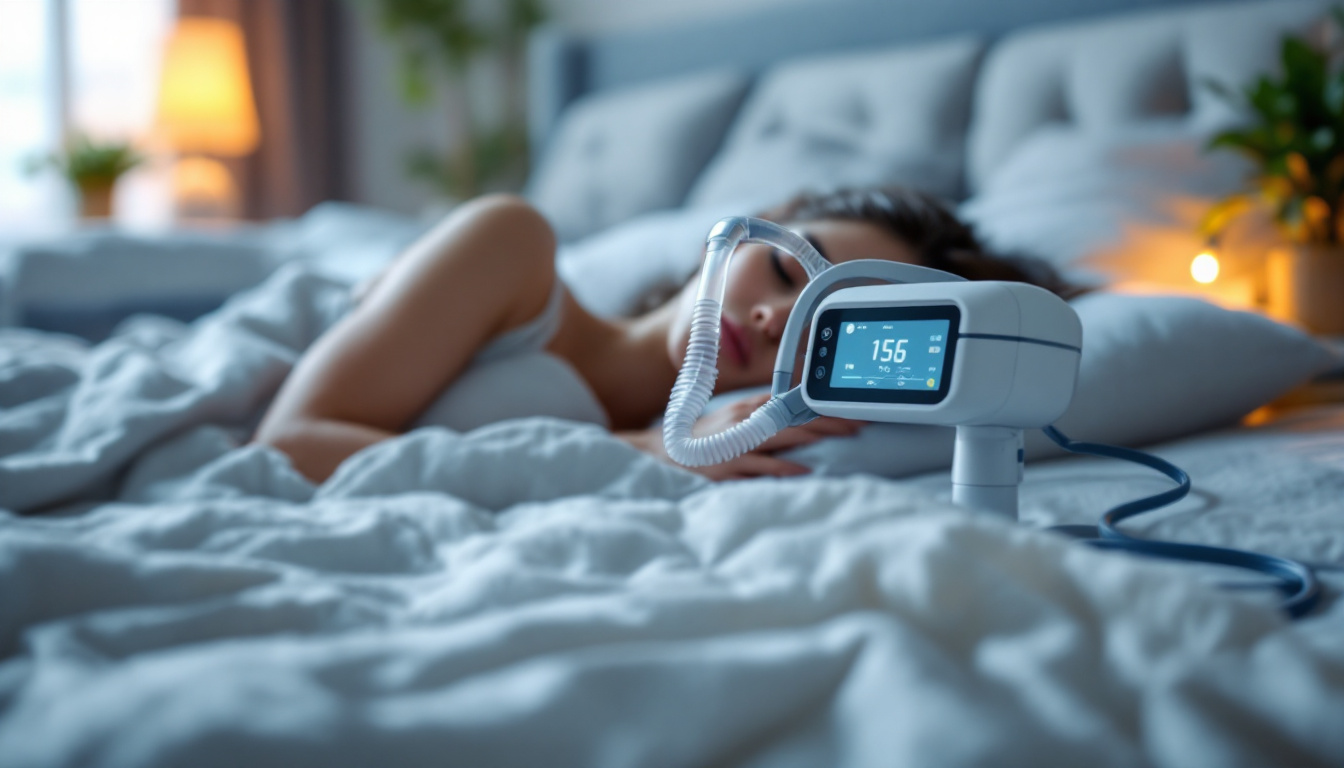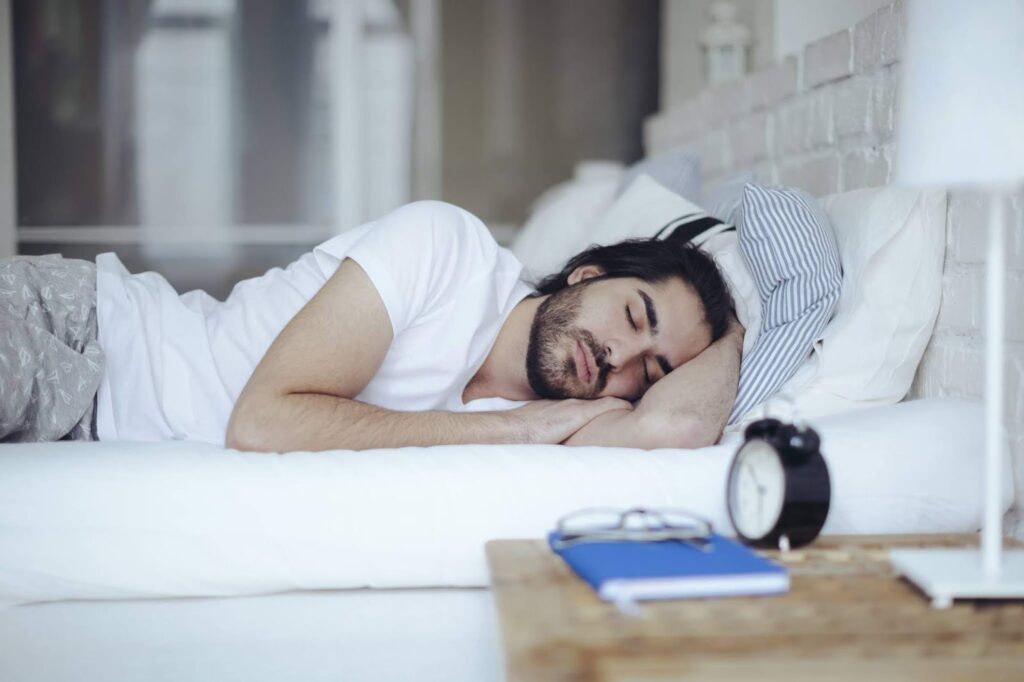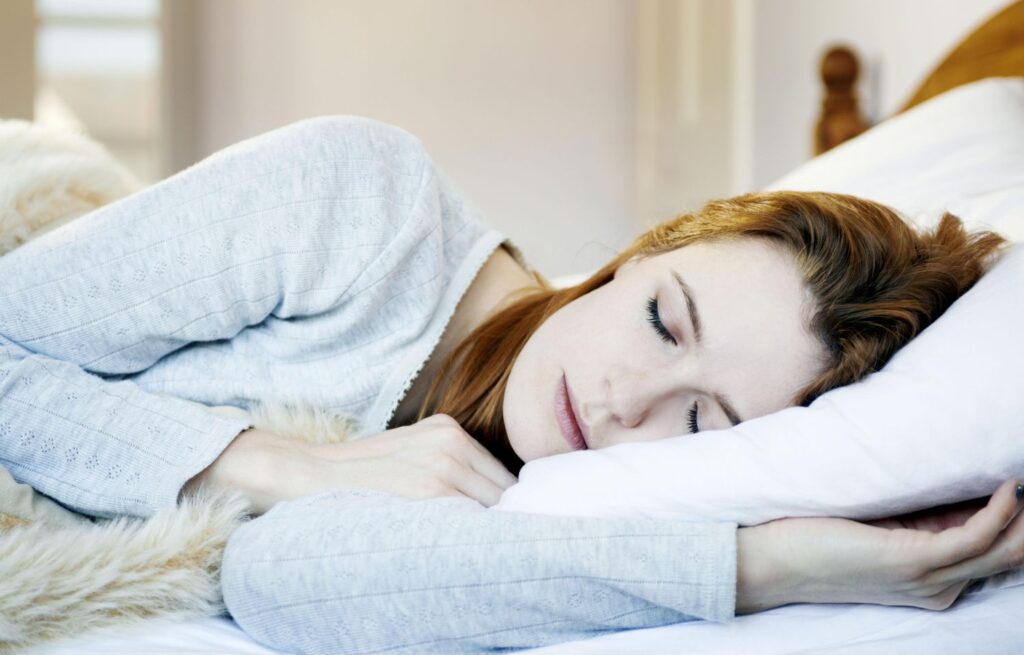Sleep apnea is a serious condition that affects many individuals, often leading to disrupted sleep and a range of health complications. For those living in Melbourne, understanding the options available for testing and diagnosis is crucial. This article aims to provide a comprehensive overview of the various pathways to getting a sleep apnea test in Melbourne, ensuring you are well-informed about your choices.
Understanding Sleep Apnea
Before diving into the testing options, it is important to grasp what sleep apnea is and how it can impact one’s health. Sleep apnea is characterised by repeated interruptions in breathing during sleep, which can lead to fragmented sleep and reduced oxygen levels in the blood. This condition not only disrupts the quality of sleep but can also have far-reaching effects on overall well-being, affecting both physical and mental health.
Getting tested for sleep apnea Melbourne is an important step towards improving overall health and well-being. With various testing options available, including home sleep tests and in-lab studies, individuals can choose the method that best suits their needs.

There are several types of sleep apnea, with obstructive sleep apnea (OSA) being the most common. OSA occurs when the muscles in the throat relax excessively during sleep, blocking the airway. Central sleep apnea, on the other hand, is less common and involves the brain failing to send the proper signals to the muscles that control breathing. Additionally, there is complex sleep apnea syndrome, which is a combination of both obstructive and central sleep apnea, making diagnosis and treatment even more challenging.
Symptoms of Sleep Apnea
Identifying the symptoms of sleep apnea is the first step towards seeking help. Common symptoms include loud snoring, episodes of breathing cessation during sleep, excessive daytime sleepiness, and difficulty concentrating. Individuals may also experience morning headaches or a dry throat upon waking, which can further indicate the presence of this condition. If these symptoms resonate, it may be time to consider a sleep apnea test, which can provide a clearer picture of one’s sleep patterns and breathing irregularities.
Read more at: Understanding Your Sleep Test Results in Melbourne Clinics
Health Risks Associated with Sleep Apnea
Untreated sleep apnea can lead to a variety of health issues, including cardiovascular problems, high blood pressure, diabetes, and even depression. The repeated interruptions in breathing can place a strain on the heart, increasing the risk of arrhythmias and heart failure. Furthermore, the lack of restorative sleep can exacerbate mental health conditions, leading to increased anxiety and mood swings. Given these potential risks, early diagnosis and treatment are paramount, as they can significantly improve quality of life and reduce the likelihood of developing more serious health complications.
Types of Sleep Apnea Tests
In Melbourne, there are several options for testing sleep apnea, ranging from at-home tests to in-lab sleep studies. Each method has its pros and cons, and the choice may depend on individual circumstances and preferences.
Home Sleep Apnea Testing
Home sleep apnea tests (HSAT) have become increasingly popular due to their convenience and accessibility. These tests typically involve the use of portable monitoring devices that can be used in the comfort of your own home. Patients are usually provided with a small device that records breathing patterns, oxygen levels, and heart rate during sleep. Learn more about comfort at https://pubmed.ncbi.nlm.nih.gov/27392653/
One of the main advantages of HSAT is that it allows for a more relaxed testing environment, which can lead to more natural sleep patterns. However, it is important to note that HSAT may not be suitable for everyone, particularly those with complex medical histories or other sleep disorders.
In-Lab Sleep Studies
For a more comprehensive evaluation, in-lab sleep studies, also known as polysomnography, are conducted in specialised sleep centres. During this test, patients are monitored overnight in a controlled environment, allowing for a detailed analysis of sleep patterns and behaviours.
In-lab studies provide a wealth of information, including brain activity, eye movements, heart rate, and respiratory effort. This thorough approach can help in diagnosing not only sleep apnea but also other sleep disorders that may be present.
Finding a Sleep Specialist in Melbourne
Once the decision has been made to pursue testing for sleep apnea, the next step is finding a qualified sleep specialist. Melbourne boasts a number of reputable clinics and practitioners who can provide the necessary assessments and treatments.
Researching Sleep Clinics
When searching for a sleep clinic, it is advisable to consider factors such as the clinic’s reputation, the qualifications of the specialists, and the range of services offered. Online reviews and testimonials can provide valuable insights into the experiences of previous patients.

Additionally, many clinics offer initial consultations, which can be an excellent opportunity to ask questions and gauge the level of care provided. It is essential to feel comfortable and confident in the chosen specialist, as this can significantly impact the overall experience.
Referrals and Recommendations
Consulting with a general practitioner (GP) can also be beneficial. GPs can provide referrals to sleep specialists and may have insights into the best clinics based on their knowledge of local healthcare providers. Personal recommendations from friends or family who have undergone sleep testing can also be invaluable.
The Testing Process
Understanding what to expect during the testing process can help alleviate any anxiety associated with sleep studies. Whether opting for a home test or an in-lab study, being prepared is key.
What to Expect During a Home Test
For a home sleep apnea test, patients will typically receive instructions on how to set up and use the monitoring device. This may include wearing sensors on the finger to measure oxygen levels and placing a nasal cannula to monitor airflow. It is important to follow the instructions carefully to ensure accurate results. Click here to find more about oxygen.
Once the test is complete, the data is sent to a sleep specialist for analysis. Results are usually available within a few days, and follow-up appointments can be scheduled to discuss findings and potential treatment options.
What to Expect During an In-Lab Study
During an in-lab sleep study, patients will be welcomed into a comfortable sleep room equipped with monitoring equipment. Electrodes will be placed on the scalp, face, and body to track various physiological parameters throughout the night.
Patients may be asked to arrive at the clinic in the evening and will be monitored while they sleep. The entire process is designed to be as comfortable as possible, with staff available to assist throughout the night. After the study, a sleep specialist will review the data and provide a detailed report on the findings.
Treatment Options for Sleep Apnea
Upon receiving a diagnosis of sleep apnea, a range of treatment options will be discussed. The appropriate treatment will depend on the severity of the condition and individual patient needs.
Lifestyle Changes
For mild cases of sleep apnea, lifestyle changes may be recommended as the first line of treatment. This can include weight loss, smoking cessation, and avoiding alcohol or sedatives before bedtime. Improving sleep hygiene by establishing a regular sleep schedule and creating a comfortable sleep environment can also be beneficial.
Continuous Positive Airway Pressure (CPAP) Therapy
For moderate to severe cases, CPAP therapy is often the most effective treatment. This involves using a machine that delivers a continuous stream of air through a mask, keeping the airway open during sleep. Although it may take some time to adjust to wearing the mask, many patients find significant relief from their symptoms once they adapt.
Oral Appliances and Surgery
In some cases, oral appliances designed to reposition the jaw and tongue may be recommended. These devices can be effective for certain individuals, especially those with mild to moderate obstructive sleep apnea.
For those who do not respond to other treatments, surgical options may be considered. Surgical interventions can vary widely and are typically reserved for specific anatomical issues contributing to sleep apnea.
Conclusion
Finding a qualified sleep specialist is crucial in navigating the testing process and receiving appropriate treatment. With the right support and intervention, many individuals can successfully manage their sleep apnea and enjoy restful nights once again.
For those experiencing symptoms of sleep apnea, taking action is essential. Whether through lifestyle changes or medical interventions, there is hope for a better night’s sleep and a healthier future.

